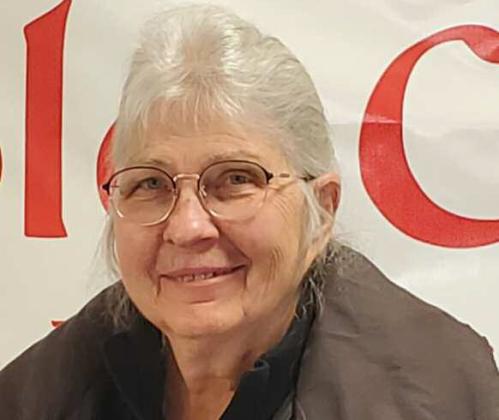Medicine
Lots of complaints about medical care from people who try to get help. Some issues are long delays in getting appointments, waiting hours in the emergency room, providers not spending enough time with the patient, often not even examining them or looking at them instead of a computer, lack of enough inpatient beds, inability to speak to the doctor with questions, exorbitant charges for services and medication. This is so different from the old days when you had a family physician who knew you would answer your calls, follow you as an inpatient as well as with office visits and even home visits. The history of medicine has had its difficulties. There were always charlatans and the incompetent. But there were those remarkable men who had an intense curiosity about the workings of the human body and trying to define the history and mechanisms of disease so that it could be treated and/or destroyed. The intensity of their motivation was determined by how much they cared for their patients and the knowledge that being a physician involved, the technical skills, education and instincts built on experience. Medicine is a science and an art. So how/why have things changed?
Knowledge that being a physician Involved, the technical skills, education and instincts built on experience. Medicine is a science and an art. So how/why have things changed?
A trip to the hospital CEO can shed some light on the present situation.
Mr. Thomas Whelan is an interesting man. He is cordial and modest in speech, neither arrogant nor a braggart, as are so many people in authority. He has 41 years of experience in health delivery services. He believes in the hospital's mission statement, CARE, compassion, accountability, respect, and excellence. He would like to have a family model to describe the relationship between the community and hospital. Ideally, outpatient visits can be up to 30 min. in duration and ER in and out times are 2 hours with UNM acting as consultants if required.
Some of his observations over the years are: most people don't think about their health and health care until they need it [it would be better to actually eat a balanced diet, smaller portions, more walking or general exercise, avoiding smoking, alcohol and drugs]; medicine has become more of a business or job, than an altruistic desire to make a difference and just help fellow human beings; there seems to be a divisive hostility towards various groups in our culture so that even nurses are being attacked by patients; good health also involves improving spiritual and emotional harmony. His daily problem is staffing, and although there are nurse practitioners and physician assistants, there will be a shortage of 50,000 MDs by 2030 and presently there are only ten rheumatologists in the entire state of New Mexico. [the suicide rate of MDs is also higher than the general population.] Mr. Whelan minimizes having to deal with issues about personnel, patients, finance, the physical plant, and rules and regulations from local, state, federal and medical associations. Daily, he also tries to deal with whatever problems are present and resolve issues on a win/win basis with mutual respect.
Today's lesson: Do not get sick.

